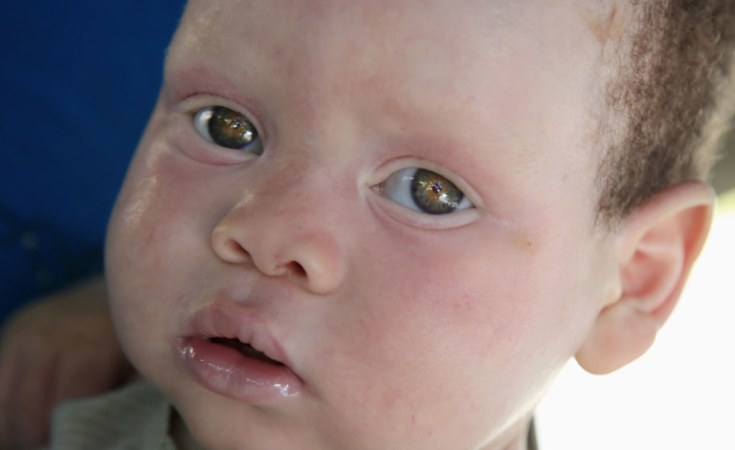LEGAL and Human Rights Center (LHRC) and Tanzania Albinism Society (TAS) have requested the government to officially adopt the National Action Plan for Persons with Albinism to promote and protect their rights.
They issued a joint petition in Dar es Salaam yesterday, as well as a statement condemning the killing of a person with albinism in the Mwanza Region on November 2, this year.
According to LHRC Executive Director Anna Henga, the 2020-2024 Action Plan was created to ensure equality, non-discrimination, inclusion, and participation of people with albinism.
"The Prime Minister's Office, various government institutions, and civil society organisations collaborated to develop this Action Plan. If adopted, it will be a sigh of relief to people with albinism because they will be able to live normal lives like any other human," she said.
"We ask again the Minister of State, Prime Minister's Office (Labour, Youth, Employment, and Persons with Disabilities) Prof Joyce Ndalichako, to complete the process of adopting the Action Plan," she added.
Advocate Henga further said the government's adoption of the Action Plan would indicate a wide range of awareness of the activities of persons living with albinism and their inclusion in the country's plans.
She also condemned the resurfacing killings of people with albinism in Tanzania, describing it as retrogressive given the achievements made since 2015.
She said initial reports of the Mwanza incident indicate that Joseph Mathias (50), a resident of Ngula Ward in Kwimba District was attacked by unknown people while sleeping at his home on November 2. They chopped his right hand and made him bleed to death.
"We support the efforts that have already begun by Mwanza Regional Commissioner Adam Malima, who has given the police seven days to ensure that those criminals are arrested," she said, adding; "We call for a clear response to defuse the panic and fear for people with albinism."
TAS National Chairperson Mussa Kabimba stated that while stakeholders such as civil society organisations are making efforts, the government should come up with long-term plans to protect the rights of people with albinism.
"There is still a lack of willingness to ensure the protection and safety of people with albinism; we need the government to do more, beginning with the adoption of the Action Plan," he said.
Mr Kabimba further requested the government to ratify the Protocol to the African Charter on Human and Peoples' Rights on the Rights of Persons with Disabilities in Africa adopted by the African Union in 2018.
According to him, the convention examined the rights of people with disabilities in the real African context, including recognising the challenge of false beliefs that lead to abuse of people with albinism.
"We also remind society that people with albinism are human beings just like everyone else." It is a lie and a grave error to claim that their body parts can make a person wealthy. So don't be too quick to believe local healers who instruct individuals to harm their fellow humans in order to become wealthy," he said.
In June 2011, the High Court in Tabora sentenced three people to death for killing a girl with albinism, Ester Charles. The culprits were Charles Kalamuyi, Masumbuko Madada and Merdadi Maziku.


